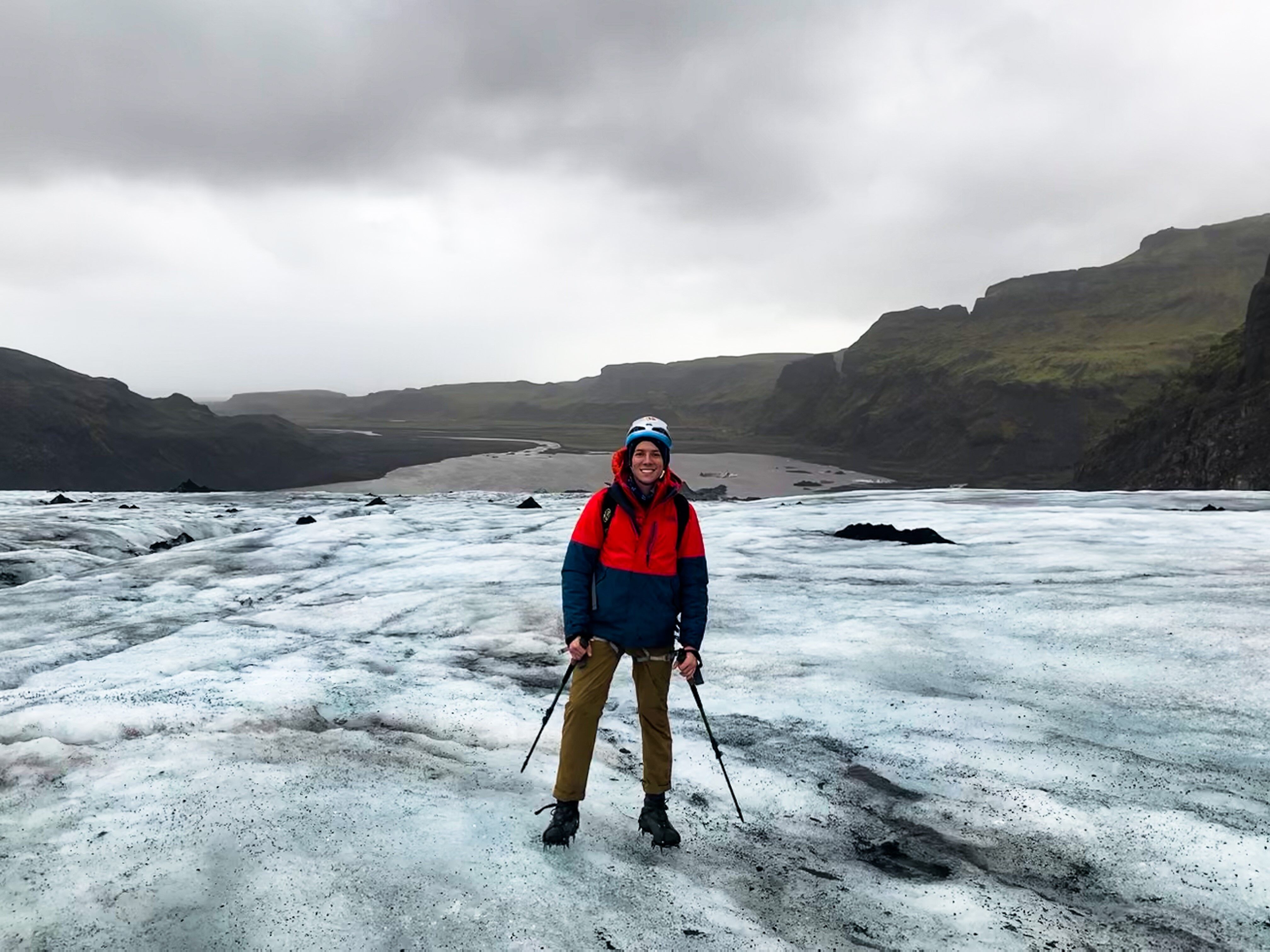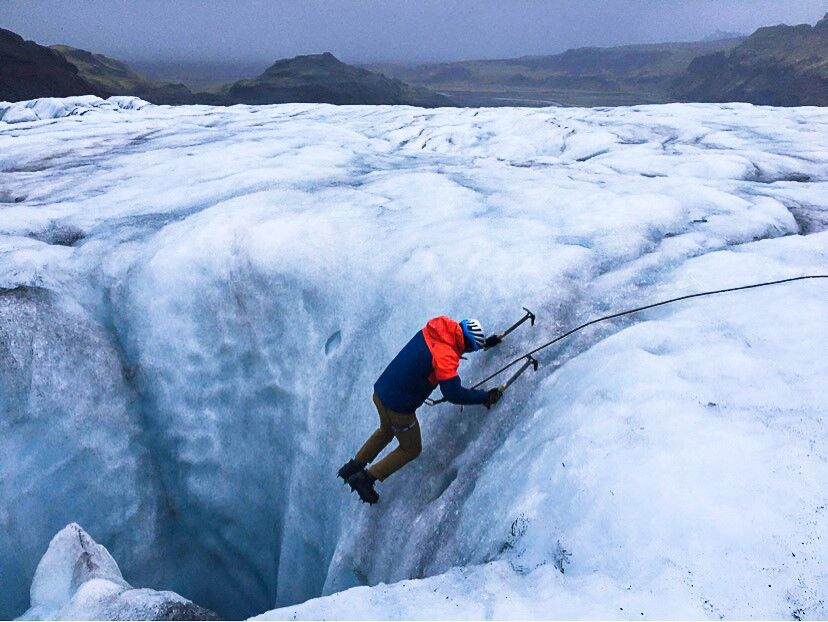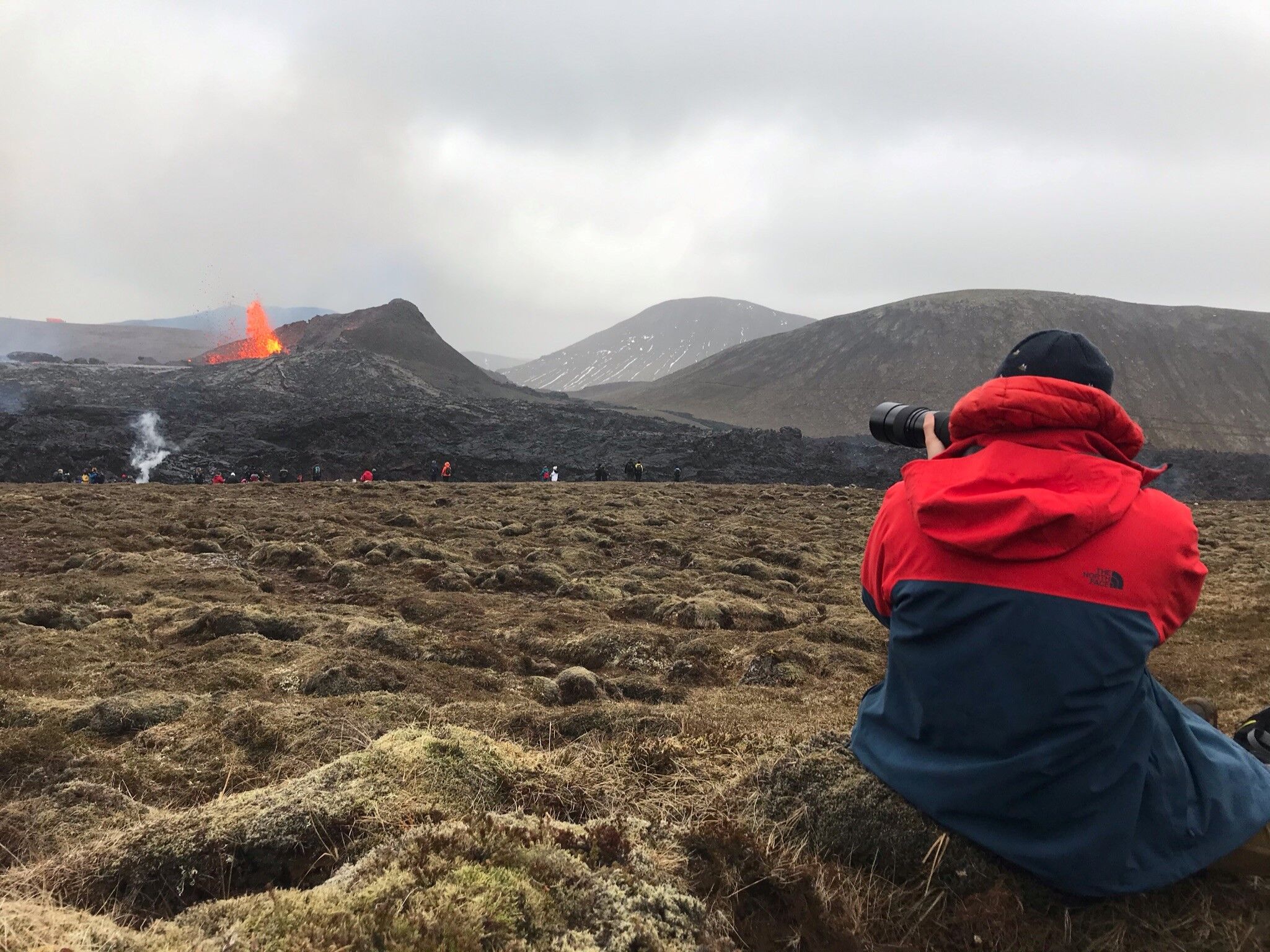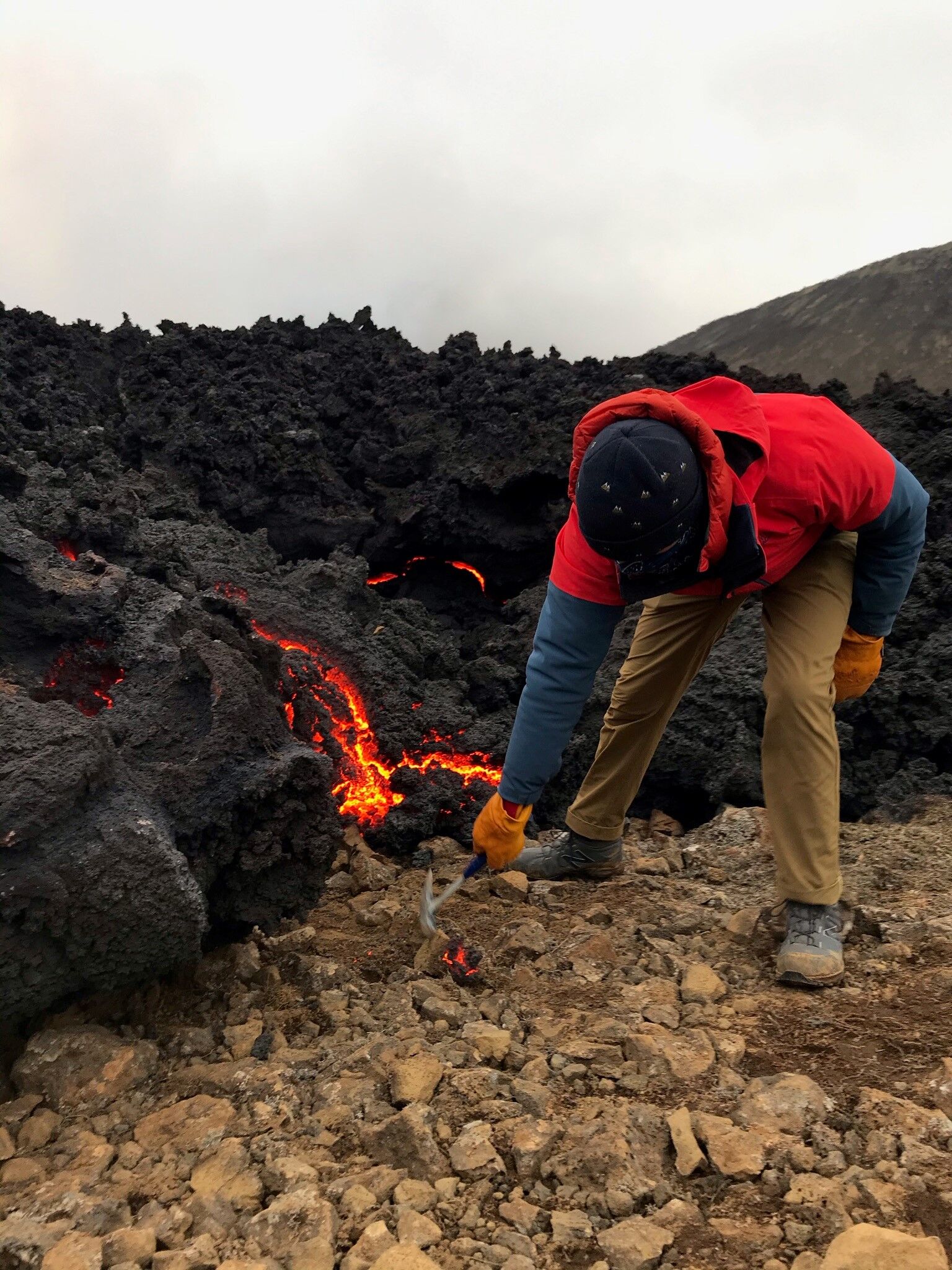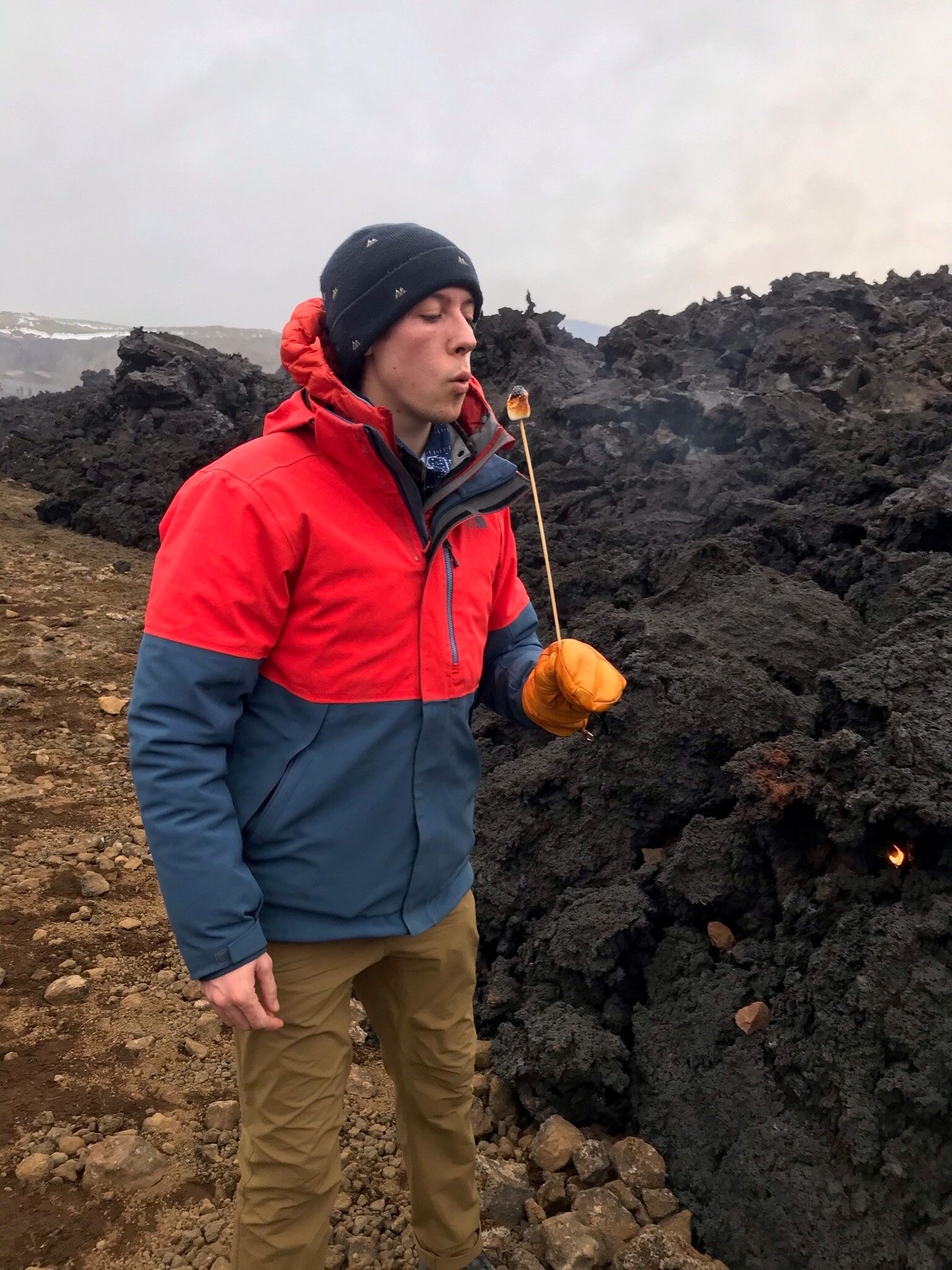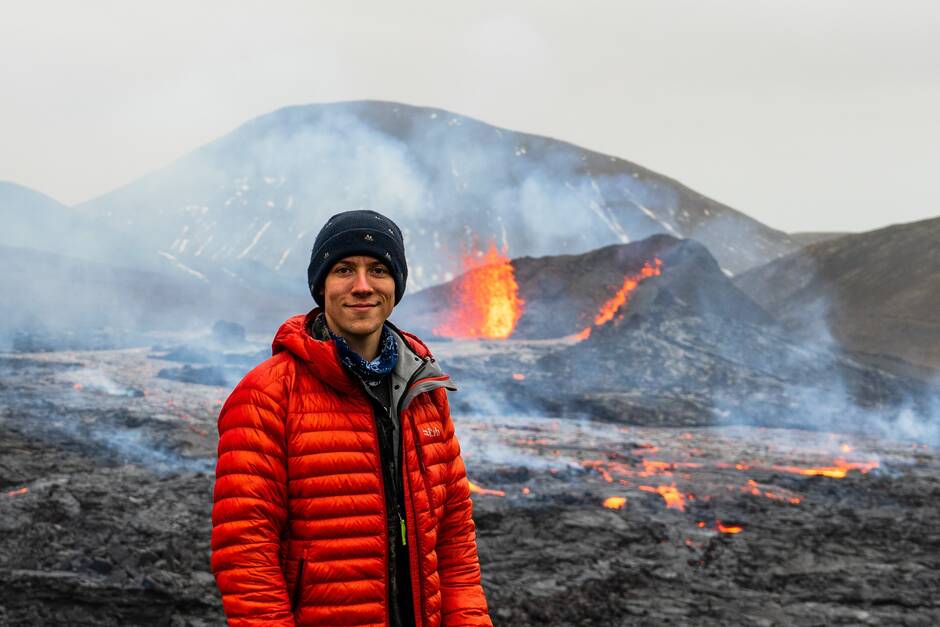Matthew Villante, USA
Sustainable Energy, Class of 2022
Name: Matthew Villante
Age: 23
Hometown: Clermont, Florida, USA
Academic Background: B.Sc. Geology & BA Chinese from Washington and Lee University in Lexington, Virginia, USA
Major & Class: M.Sc. Sustainable Energy , Class of 2022
Could you share with us a little bit about where you are from and your story before Iceland?
Coming from a small citrus town outside of Orlando, Florida, I grew up on sandy beaches and vast lakes with little to no reason to venture beyond it. I began my studies at Washington and Lee University in Lexington, Virginia and became enamored by the mysteries of geology and the secrets that the mountains could unlock. Along the way, I took up an interest in Mandarin Chinese that eventually led me to double major in hopes that I could bridge the gap between our two nations in terms of clean development and cooperation. My undergraduate research focused on regenerative agriculture and its effect on soil carbon sequestration.
Why did you choose ISE?
During my bachelors, I had the chance to study abroad in multiple countries including Denmark, Belize, China, and New Zealand. These experiences helped me develop as a student and realize the interconnectivity of our world and issues facing it. Thus, when it came to deciding on grad school, I knew it would be an international program where I could meet and learn from people of varied and unique backgrounds. ISE stood out as an interdisciplinary and flexible program where I could explore my previous interests, develop new ones, and graduate with a clear picture of the key issues concerning our clean energy transition.
How has your ISE experience been?
ISE has been a great experience to develop my skills as a geoscientist, explore unknown aspects of energy science, and study amongst highly motivated and like-minded people. Overall, the people I have met and collaborated with here have left lasting impacts that will extend beyond my time at ISE.
What do you enjoy about living in Iceland?
I love that Reykjavik is simultaneously a large capital city, and a small quiet town. You can walk or bike anywhere, get a delicious bite to eat at a street food cart, and find a beautiful park to relax in - all within a km or two. If you get out of the city, Iceland begins to unfold into colors, shapes, and vistas that leave you speechless. It has been amazing to live in a city but have hiking, climbing, biking, and other outdoor activities just a short ride away. Last but not least, I can not forget to mention the breathtaking northern lights and active volcanoes!
I see your team recently won first place in the US Department of Energy's Spring 2021 Geothermal Collegiate competition. Could you share with us a little bit about that experience?
The Geothermal Collegiate competition was an outstanding experience that brought together a diverse, interdisciplinary, and collaborative team of students from Reykjavik University and the University of North Dakota to design a geothermal direct-use scheme that would benefit a community, campus, or town. Our team focused on repurposing abandoned oil and gas wells for geothermal district heating and direct use in Mandaree, North Dakota. In addition to identifying a community that could benefit from geothermal, we conducted a detailed resource and usage assessment, economic feasibility assessment, and stakeholder engagement strategy to provide a full-scope analysis of geothermal opportunity for Mandaree. Our report highlights the economic viability of geothermal over traditional propane for heating, community benefits of geothermal direct use for greenhouses, and reduction in carbon emissions by shifting away from fossil fuels. The diverse backgrounds of my team members - geology, geophysics, petroleum engineering, etc. - pushed me to learn new skills and look for new opportunities as a geothermal scientist. Overall, I am proud of our project for the impact it could bring to a community that has long suffered from environmental injustices and hope that future DOE competitions like this one will guide research efforts towards communities that can benefit the most.
Congratulations on receiving a grant from the Icelandic Center for Research (Rannís), how did your summer research experience with Rannís go?
My summer research through the Rannis Student Innovation Fund allowed me to pursue my interests in carbon capture and storage by working with CarbFix to identify potential future sites for carbon capture and mineralization storage. I had a great experience working with the team and learning about the exciting developments unfolding in the sector. My research culminated in a report using the CarbFix Atlas to identify potentially feasible sites for CarbFix in China and the United States with a discussion of the regulatory incentives and barriers to CCS development in both nations.
What are you working on for your master's thesis project?
I am working on my master's thesis with CarbFix on one of their new CO2 mineral storage projects to test a single-well, “push-pull”, monitoring scheme for the purposes of verifying mineralization capacity and rates. The injection is taking place at the SORPA landfill on Alfsnes to store CO2 that is left over from methane gas collection. This is an exciting step for CarbFix to develop new opportunities for their technology outside of the geothermal sector and I am delighted to have the opportunity to work towards that goal.
Can you tell us a little bit about your work with Geothermal Rising and founding the Reykjavik University student chapter?
Geothermal Rising (formerly Geothermal Resource Council) is an international educational association focused on professional development through outreach, information transfer and educational services. Students are an integral part of this and can benefit from membership in Geothermal Rising by gaining access to the geothermal professional community, educational resources, and events like the upcoming Geothermal Rising Conference. Last year, a fellow ISE student (Nicholas Fry) and I founded a student chapter at RU to facilitate professional development and networking, educational events, and connect within the geothermal sector in Iceland and abroad. The geothermal cohort in Reykjavik is vast and we hope that the student chapter can bring us all together for mutual advancement, learning, and fun with other geothermal enthusiasts.
What are your plans after you graduate?
While I do not know my path after graduation just yet, I hope to use my skills in geothermal, CCS, hydrogen, or other aspects of energy science to bring meaningful change to communities currently suffering from climate change. I am excited to be entering the sustainable energy field at a time when it is most needed and aspire to use my education to leave a lasting impact that will define what our children's future looks like.
